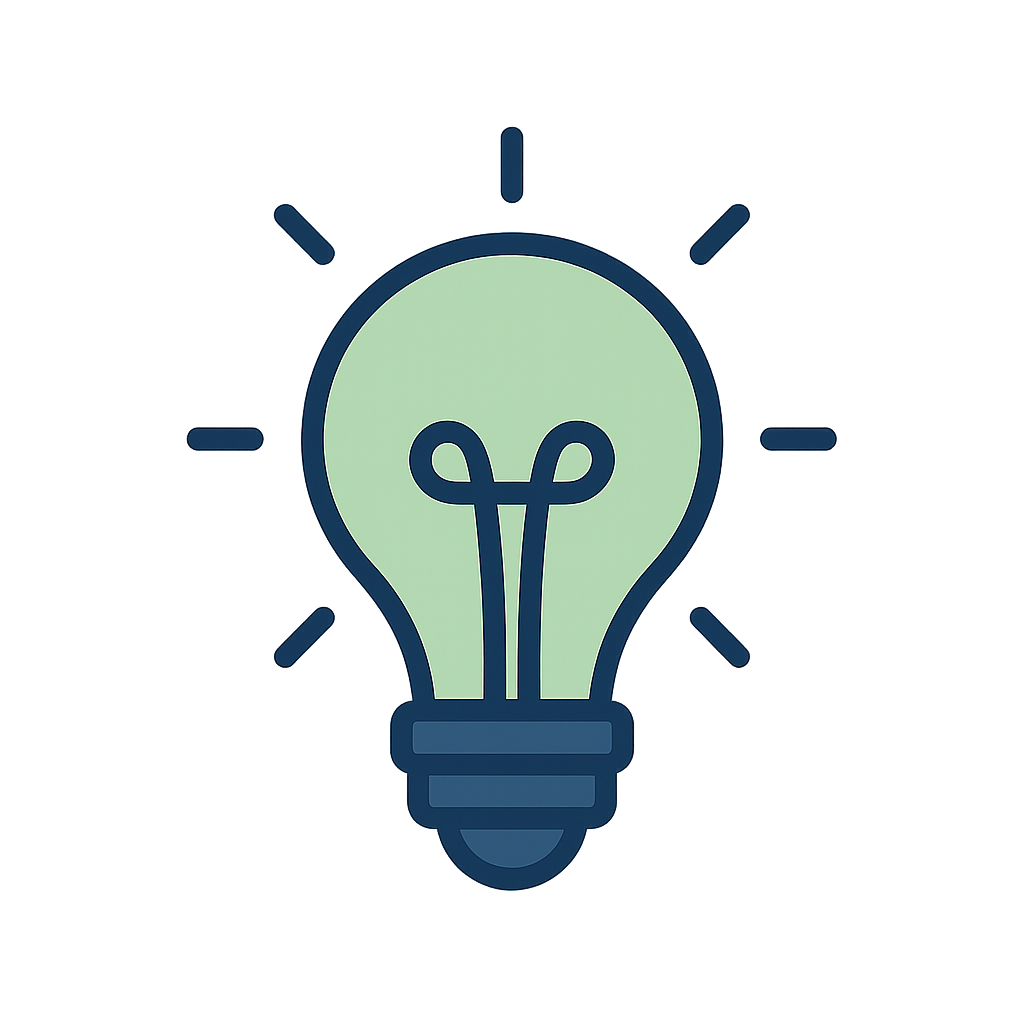Welcome to
The Lighthouse
Your journey to knowledge begins here.
Learn. Practice. Grow.


Study and Practice
Fun, fast-paced learning to keep you engaged.

Track Progress
Monitor your growth and celebrate your wins.

All Levels Welcome
From beginners to pros, everyone can benefit.
Explore Topics
Grammar
Parts of Speech, Tenses and more.
Vocabulary
Word Meaning, Synonyms, Idioms and more.
Geography
Countries, Capitals, Nature, Animals and more.
History and Politics
World Events, Timelines, Organizations and more.
Arts and Literatures
Visual Arts, Poetry, Drama, Philosophy and more.
Science
Physics, Chemistry, Biology and more.
Mathematics
Algebra, Numbers, Geometry and more.
Logical Reasoning
Critical Thinking, Verbal Reasoning and more.